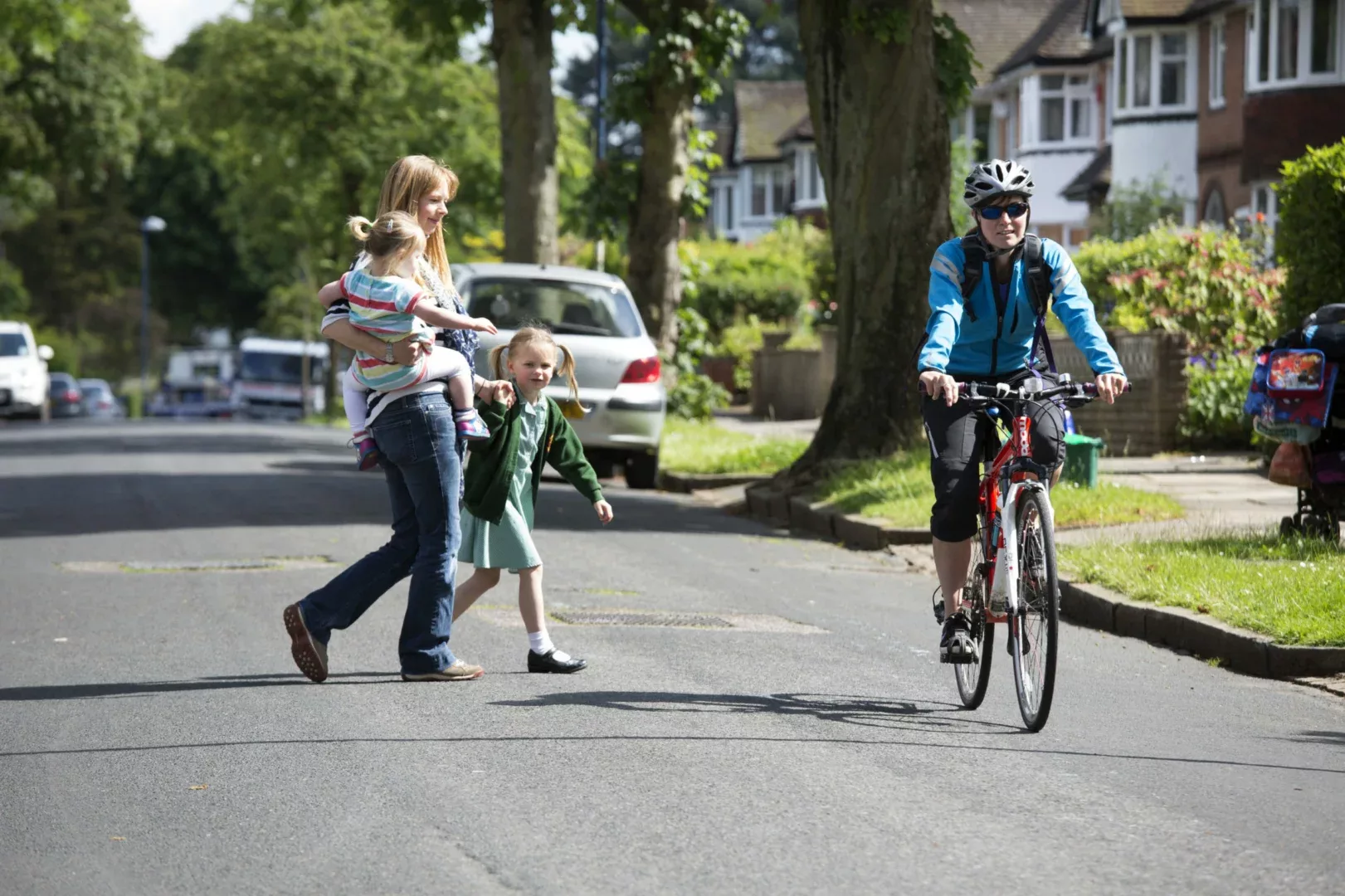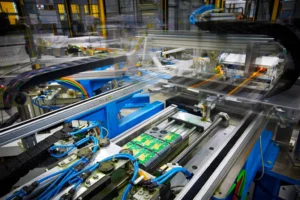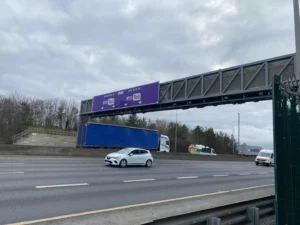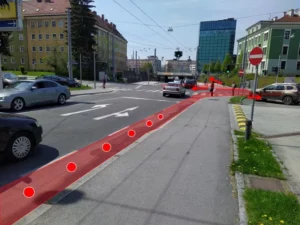Kapsch’s cooperation with renowned Spanish university Comillas, was announced in the autumn, officially kicked off with the official presentation of the new Kapsch Chair for Sustainable and Intelligent Mobility. It will be tasked with analyzing the challenges of research for sustainable mobility.
Antonio Muñoz, Director of Comillas ICAI and Alfredo Escriba, CTO at Kapsch TrafficCom, presented the Chair and highlighted the importance of it for examining, analyzing, and proposing cutting-edge policy designs for sustainable mobility.
In the following panel discussion, several experts from different universities and companies stressed that, of all the challenges that must be overcome to achieve sustainable mobility, the most complex is the change in citizens’ behaviour towards mobility and transport.
“The most important thing is to change some behaviours and suggest technological or infrastructure improvements that make it easier, because that is the most complex part“, said Irene Álvarez de Miranda, from INGEROP T3, who stressed that “the decarbonization of mobility does not only depend on changing energy sources or being more efficient, but also on changing distances. The real smart city must work with its resources, not only develop new technologies“.
Alfredo Escribá, CTO of KapschTrafficCom AG, referred to demand management, rather than road capacity supply, as one of the key solutions to mobility problems, and wondered how far we can influence the behavior of transport users, for which it is essential to “approach it all from a scientific direction” with proper experiments and analysis – even with the help of artificial intelligence to aid decision-making, as Antonio Muñoz, director of Comillas ICAI, mentioned.
In this sense, Ibon Galarraga, CEO of Metroeconómica, also referred to demand management and the gaps that exist in research and public policies regarding people’s behaviour towards mobility. “It is a mistake to want to design one policy when several are needed,” he said, wondering how to get citizens to accept approaches such as those that suggest charging a fee to enter cities by car.
The lecturer at Comillas ICAI, Pedro Linares, acknowledged that in order to answer all the questions and challenges regarding sustainable mobility and transport management a transversal vision is needed, hence the importance of a chair such as this one on sustainable and intelligent mobility, “which aims to bring together knowledge of engineering, economics and consumer behaviour to find the most efficient and also the fairest solutions to achieve a more sustainable mobility“.





















